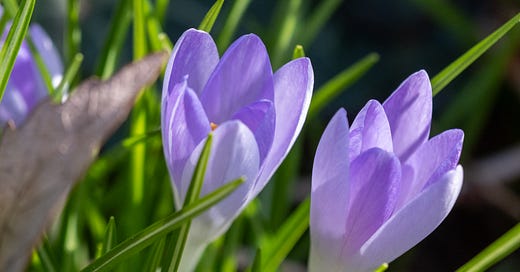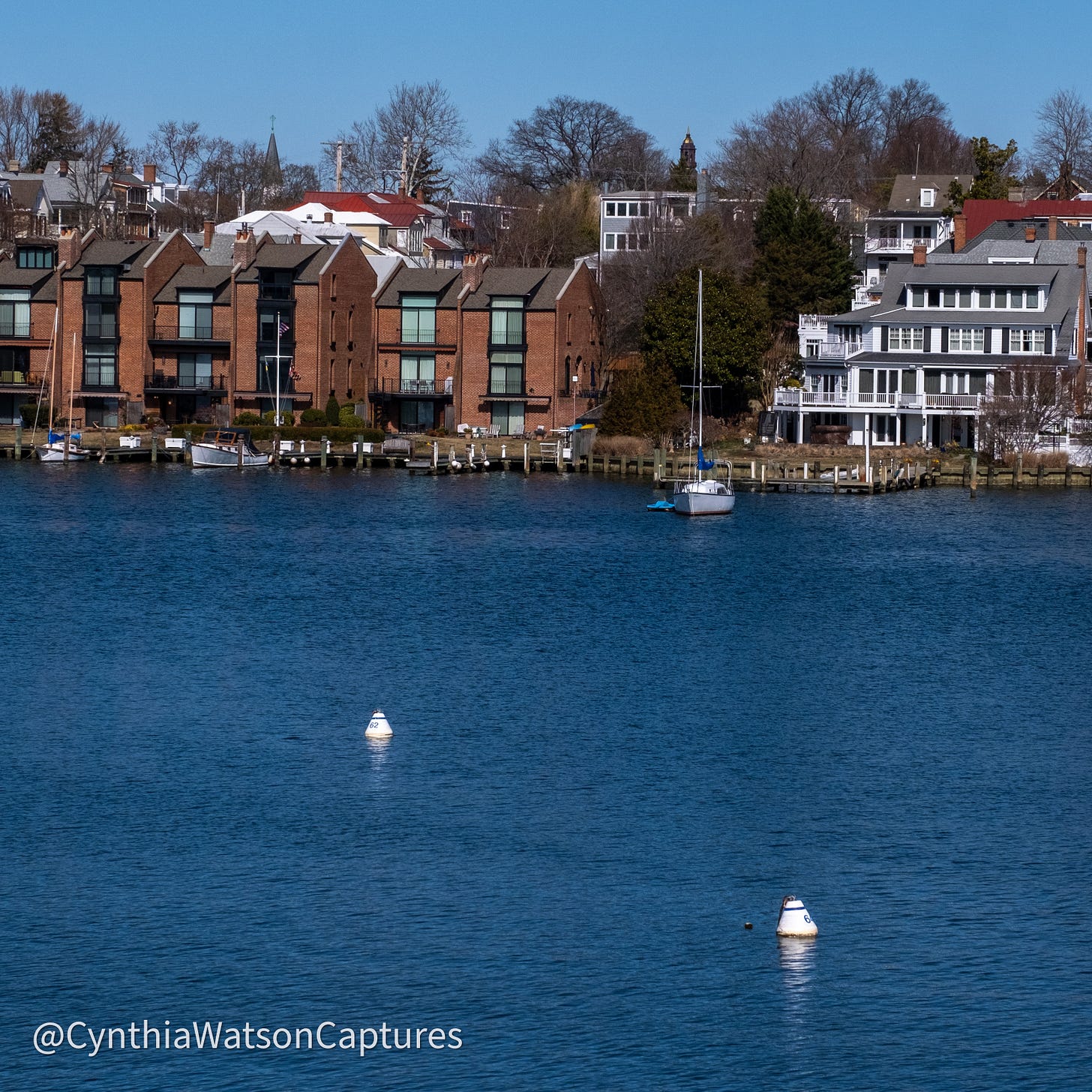Yesterday’s Wall Street Journal decried half of the undergraduates in this country being ‘underemployed’ because they are not in positions directly linked to their chosen majors. I think this fundamentally misunderstands the heart of undergraduate education: can these students write coherently and persuasively? Can they contextualise what they are seeing today or do they think everything happened is brand new? Are they contributing in their positions?
The article seems to deem only working in a job linked to a specific major as success. I think we might broaden our view of desired outcomes beyond a degree in a designated major leading directly to a linked degree. Perhaps we ought consider contributions more broadly.
I don’t deny that underemployment, if that is really the focus, is frustrating, particularly in light of the massive financial obligation college entails in 2024. It is also an old problem related to entry level jobs which seem invariably to be in short supply. Yes, a student who is working in a fast food restaurant at minimum wage definitely is disappointed. But, is that solely because of the student’s major?
Of course there is a supply and demand aspect to the article. There are not nearly as many jobs as writers as there are graduates with degrees in literature or creative writing. But is that a failure or can we see a student potentially still providing beneficial outcomes for society? I think this latter part is hazier than it appears.
Are we undervaluing broad education in favour of narrow thinking? I think so. And that has its own resulting problems. ACC, you won’t be surprised to hear.
Broad, or liberal', education provides much more creative thinking because it opens the door to more sources of thinking. Coursework beyond merely specialisations, be they accounting or Spanish, expose students to multiple thought patterns and problem-solving. Unlike in the past, undergraduate education asks a student to concentrate on a field but to also get exposure to a wide range of studies to develop critical thinking. These various fields are essentials to develop writing, reading, analytical skills, and judgment in conjunction with a specialisation.
I bemoan our civic illiteracy, so horrible that newly sworn-in American citizens who took citizenship tests almost always know more than the John or Liza in Westchester County, New York, or Rawlins, Wyoming. We don’t value history or civics so we don’t see their presentation in college curricula as valuable but they serve as the bases to a functioning worker in many jobs in our country.
How often do we hear a youngster ‘discover’ something that we have seen for generations but is unknown to this inexperienced person? That sounds unimportant but it’s a crucial mistake we see in so many job fields all of the time.
Having a firm grasp of American history is one of most obvious voids confronting millions of people in this country today. Those allegedly worrying about the path we are on too often selectively emphasise only portions of that history because more recent generations were directed down more specialised paths into their majors without understanding that history provides evidence on various men/women, countries, industries, environments, and countless other interacting successfully and unsuccessfully for millennia.
Science offers exposure to methods, evolution of lines of inquiry, and failures to solve problems which every student should grasp as he starts considering future questions in physics or botany. What about the relationship between science and the history of that science?
Literature, foreign languages, and art challenge a mind in ways to prime thinking, almost invariably forcing a personto think about a topic from a completely different perspective from their own. That ability to consider the world from another context helps explain many actions, challenges, and failures. That differing thinking is also foundational to may professions such as law, medicine, war-fighting, and even business.
I know of what I speak. I wanted to prepare for a job rather than to learn broadly as I figured I had seen the world. I arrived in college hoping to avoid many broadening undergraduate courses I thought them unnecessary. That was foolish for so many reasons, not the least of which was that I did not hone the skills as early in my career as I could have.
In some cases, I still had to study the material to fulfill distribution requirements for a degree. Those courses turned out to be as applicable as anything I studied because they pushed me. Climatology, a science course I selected to avoid a lab eating up hours I wanted to spend on history or geography, was both fascinating and crucial to seeing why we confront such dangerous conditions globally. I don’t pretend to be a climatologist but I do feel comfortable comparing the United States to Asia, for example, with the attendant follow on effects of the differences.
Other courses I managed to avoid haunted me as I have had to retrace my steps after college to learn basics. I wish I were better read as I understand how much fiction would have helped me consider the world more broadly. Sadly, it took me another 45 years to realise that. I also would have written better, I suspect, if I had read better literature rather than the painful articles that too often substitute for articulate materials.
Majors are a terrific way for students to concentrate on a topic but we should not assume that finding an employment option linked merely to their chosen fields is the only measure of success. We need people both who can think in depth and who blend various types of thinking they have seen. The complexity of today’s problems illustrates the need for varied thinking and coherent, persuasive explanations for eventual solutions. To ignore this reality, leaves us as unsophisticated as Chinese education which is simple memorisation rather than creativity.
Did you get a job in your specific field upon graduating? How about your kids? What is your preference for the education in hiring folks?
Thank you for reading this column today. Please feel free to circulate if you think it enhances civil, measured, thoughtful discussion.
I did not study photography in college but I love shooting colour these days as we look towards spring soon. These were the afternoon shots that I found so enticing.
Bring on the crocus patch!
Be well and be safe. FIN
Vanessa Fuhrmans and Lindsay Ellis, ‘Half of College Grads are Working Jobs That Don’t Use their Degrees’, wsj.com, 22 February 2024, retrieved at https://www.wsj.com/lifestyle/careers/college-degree-jobs-unused-440b2abd?mod=careers_news_article_pos3









